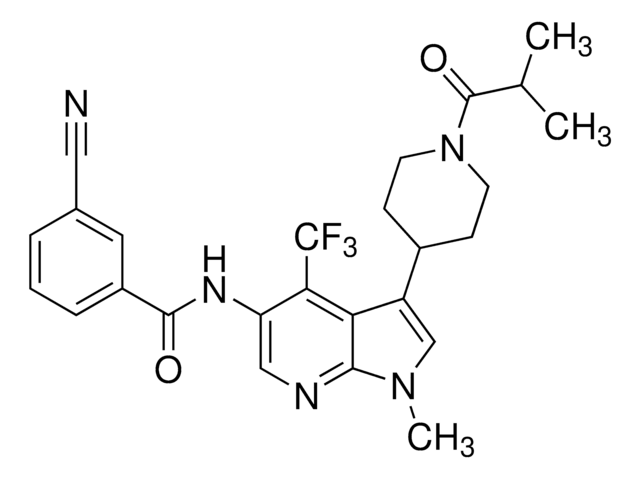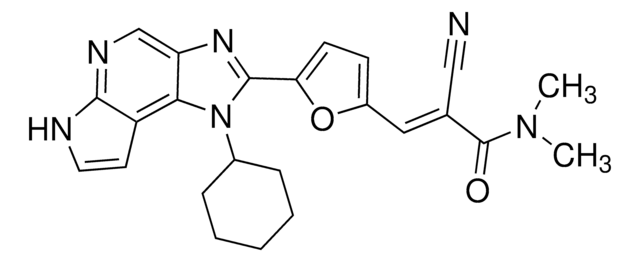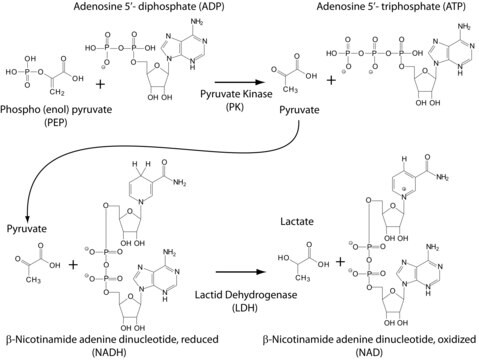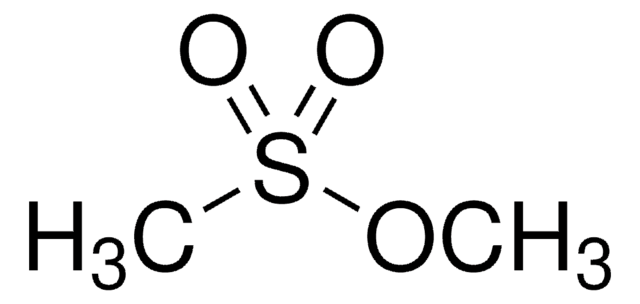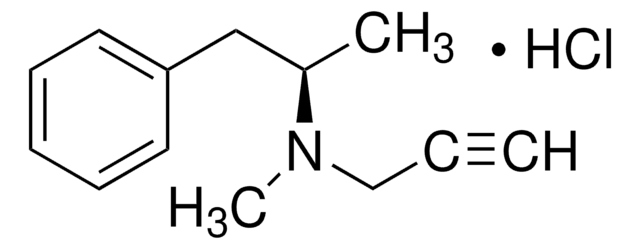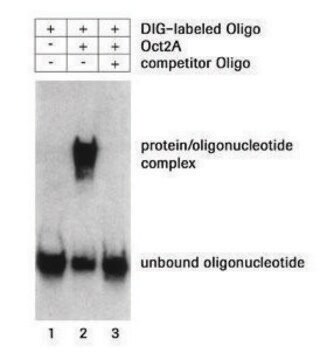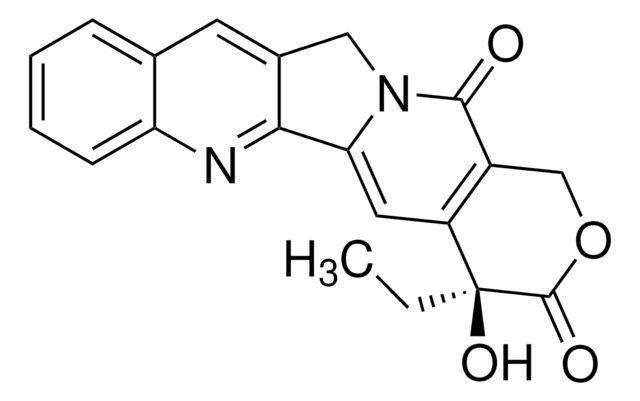SML1992
FM-479
≥98% (HPLC)
Synonym(s):
(E)-2-Cyano-3-(5-(1-cyclohexyl-6-methyl-1,6-dihydroimidazo[4,5-d]pyrrolo[2,3-b]pyridin-2-yl)furan-2-yl)-N,N-dimethylacrylamide, 2-Cyano-3-(5-(1-cyclohexyl-6-methyl-1,6-dihydroimidazo[4,5-d]pyrrolo[2,3-b]pyridin-2-yl)furan-2-yl)-N,N-dimethylacrylamide, FM-381 Inactive Control
About This Item
Recommended Products
Assay
≥98% (HPLC)
form
powder
color
yellow to orange
solubility
DMSO: 2 mg/mL, clear
storage temp.
2-8°C
SMILES string
CN(C(/C(C#N)=C/C(O1)=CC=C1C2=NC3=CN=C(N(C)C=C4)C4=C3N2C5CCCCC5)=O)C
Related Categories
Biochem/physiol Actions
FM-381, the active probe, is available from Sigma. To learn more about and purchase FM-381, click here.
To learn about other SGC chemical probes, visit sigma.com/sgc
Features and Benefits
Storage Class Code
11 - Combustible Solids
WGK
WGK 3
Flash Point(F)
Not applicable
Flash Point(C)
Not applicable
Choose from one of the most recent versions:
Certificates of Analysis (COA)
Sorry, we don't have COAs for this product available online at this time.
If you need assistance, please contact Customer Support.
Already Own This Product?
Find documentation for the products that you have recently purchased in the Document Library.
Our team of scientists has experience in all areas of research including Life Science, Material Science, Chemical Synthesis, Chromatography, Analytical and many others.
Contact Technical Service